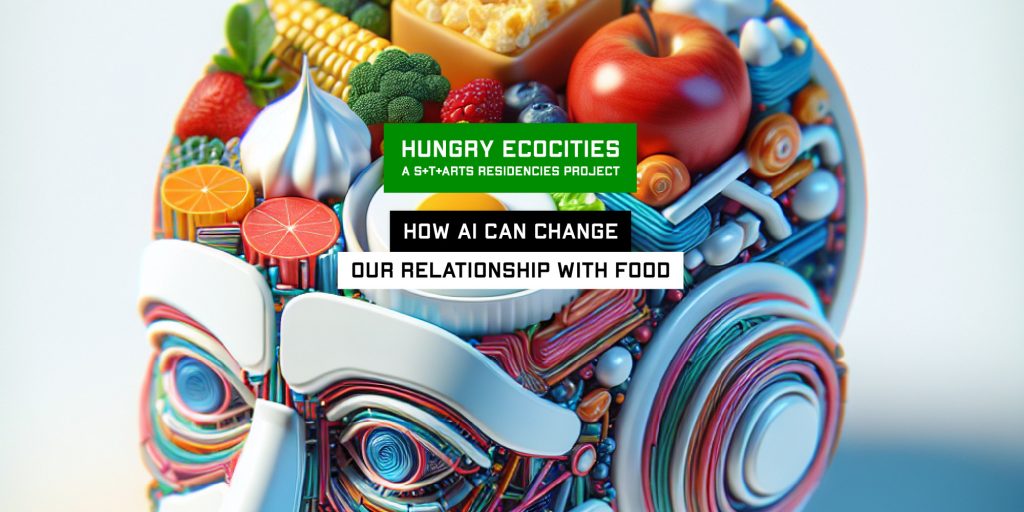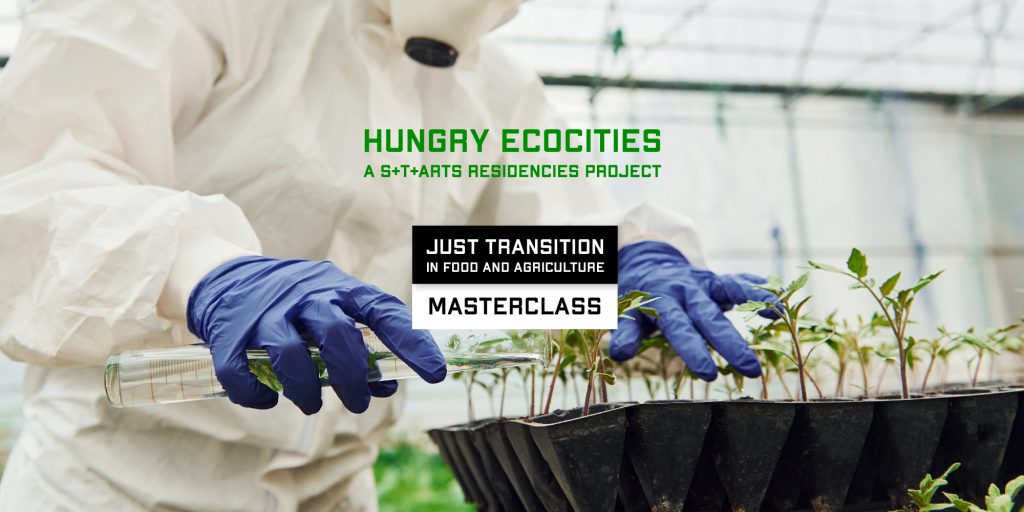Interview with Brno University of Technology
Welcome to our interview series with the partners running HUNGRY ECOCITIES. In this interview with Pavel Smrz we will learn more about Brno University of Technology and their role in the project!
 | Pavel Smrz is an associate professor at the Faculty of Information Technology, Brno University of Technology, Czech Republic, where he leads the Knowledge Technology Research Group. His research interests include human-machine interaction, embedded intelligence, machine learning, IoT, edge computing, and big data processing. He has participated in many European and national research and development projects, focusing on artificial intelligence and advanced machine learning. |
Thank you for meeting us today. Please share in your own words a brief introduction to Brno University of Technology and your role there.
Brno University of Technology is the second largest technical university in Czechia, with over 20,000 students and 3000 staff members. The Faculty of Information Technology provides education in information technology and artificial intelligence at Bachelor, Master and Doctoral levels. I am the coordinator of the Hungy EcoCitites project, leading the Knowledge Technology Research Group, which focuses on natural language processing, advanced machine-learning techniques, IoT, embedded intelligence, and human-machine interaction.
How would you describe what you are doing in the project to someone who has never heard before about the Hungry EcoCities?
Hungy EcoCitites is a unique and excellent project combining research and technology with arts. Conceptually, it is rather complex to grasp, especially for those who have never heard about the S+T+Arts (Science+Technology+Arts). It combines expertise in AI and Agriculture. It also brings together three of the most prominent European artistic studios. Together with partners with expertise in innovation by creative experiments and project management, the consortium finds 20 European artists and 10 SMEs that have the potential to innovate today’s food production, distribution, and consumption.
“The combination of AI and arts attracts students to IT technologies, including female ones.“
Can you elaborate also on your ambitions with this project? What motivated Brno University of Technology to be part of it?
As a technical university, our ambition with the Hungy EcoCitites project is to “humanise” our research and development results through cooperation with artists – individual creative coders and consortium of artists and SMEs. Also, collaborating with one of the most influential art studios that participate in the project consortium and will be involved in adapting our technology into the experiments significantly increases our chances of attracting new students who bring fresh views on the rigid technological development. The Faculty of Information Technology also aims to attract more female students. The project that shows how AI technologies can find application in artistic experiments can attract new candidates. Even the preliminary information about the project vision was well appreciated by the participants of the IT4Girls Summer School in 2023.

What do you expect as the outcome of Hungry EcoCities? Particularly in terms of a more healthy, sustainable, and affordable agri-food system for all?
The initial set of “humanizing technology experiments” will contribute primarily to spreading the word about the potential of innovations in the agri-food system. By perceiving the resulting artistic prototypes in various forms, people will learn how to get necessary proteins in more sustainable and healthy ways, how the concept of food forests can help to change agri-food mass production, how to reduce the CO2 footprint of our everyday food, etc. The outcome of the second round of experiments, which will involve food producers and food technology companies, will depend on the particular winners of our next call. Nevertheless, the developed prototypes should be close to actual application and bring innovation to the food chain soon.
Could you select one of the Humanizing Technology Experiments experiments and explain your expectations and reflections on it?
The Future Protein project aims to find ways to popularise mussel consumption and sustainable mussel farming. It is expected that the project will show that mussels provide the perfect source of proteins while having a much smaller environmental impact than other sources, including fish/oyster extensive farming, they filter water, and the shells even store CO2 and can be used as a material for various purposes. Currently, the body of knowledge of the artists behind the project is growing fast and the cooperation/mentoring brings enriching experience to me and the team.
This project has received funding from the European Union’s Horizon Europe research and innovation programme under grant agreement 101069990.

